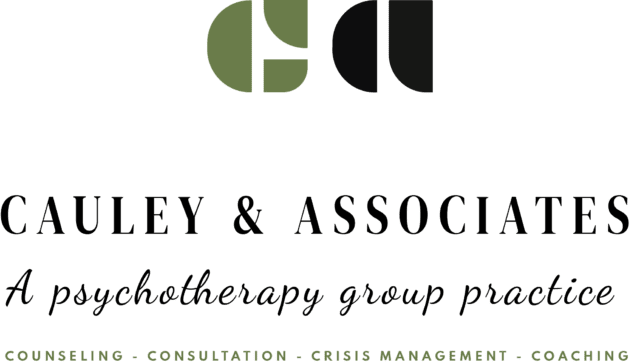Psychodynamic therapy is one of the oldest forms of traditional talk therapy. Rooted in the theories of Sigmund Freud (a renowned neurologist known as the “father of psychoanalysis”) and further developed by modern psychoanalysts, this therapeutic approach seeks to help individuals understand the deeper, often unconscious motivations behind their behaviors, thoughts, and emotions.
By exploring unresolved problems from the past and how they influence present-day functioning, psychodynamic therapy aims to foster self-awareness, emotional growth, and long-lasting change.
While it may not be as structured as other therapeutic modalities, psychodynamic therapy offers something uniquely valuable: the chance to go beneath the surface and make sense of the “why” behind your actions.
The Core of Psychodynamic Therapy: Self-Awareness and Insight
At its heart, the primary goal of psychodynamic therapy is to increase self-awareness and understanding of how the past influences present behaviors. This includes recognizing unconscious processes, internal conflict, and unresolved issues that interfere with emotional well-being.
Kery aspects include:
- Exploring early childhood experiences
- Therapists help clients examine formative events and relationships, especially those with caregivers, to uncover how these experiences shape emotional responses and relationship patterns.
- Uncovering unconscious processes
- Much of our behavior is driven by feelings and desires outside our conscious awareness. Psychodynamic therapy seeks to bring these hidden influences into the light.
- Identifying reoccurring patterns
- The therapy process helps clients recognize continuous patterns in relationships or emotional reactions, which often stem from unresolved past issues.
- Developing emotional insight
- Clients learn to articulate feelings they may have previously avoided, leading to greater emotional clarity and healthier coping strategies.
What Happens in a Psychodynamic Therapy Session?
Psychodynamic sessions typically involve open-ended conversations. There may not be a specific agenda for each session. Instead, clients are encouraged to speak freely—a technique known as free association—about whatever comes to mind.
A therapist may:
- Reflect back emotional themes or contradictions they notice in a client’s narrative
- Help draw connections between current feelings and challenges to past experiences
- Encourage a deeper exploration of emotions, fears, or defenses
- Analyze transference (how a client’s feelings toward significant others are projected onto the therapist)
Who Can Benefit from Psychodynamic Therapy
Psychodynamic therapy can be especially helpful for individuals who:
- Struggle with chronically negative or toxic patterns in relationships
- Experience trauma but are unaware of the impact to their present-day functioning
- Experience depression, anxiety, or low self-esteem
- Have difficulty expressing or identifying emotions
- Feel stuck in certain areas of life despite their successes
- Want to understand themselves on a deeper level
Overall, psychodynamic therapy is not aimed to heal any one specific demographic. Anyone can seek treatment, and if you give it a chance, it may be the key to resolving your personal struggles.
Key Benefits of Psychodynamic Therapy
- Deep self-refection and emotional understanding
- Improved relationships and interpersonal skills
- Reduction in symptoms of anxiety, depression, and overall distress
- Greater ability to cope with life’s challenges
- Long-term personal growth and transformation
Unlike symptom-focused approaches, psychodynamic therapy addresses the root causes of emotional struggles, creating the opportunity for sustainable, meaningful change.
Is Psychodynamic Therapy Right for You?
If you’ve ever found yourself repeating the same emotional patterns, struggling with dissatisfaction, or wondering why certain things trigger such strong emotions, psychodynamic therapy may be a path worth exploring. It offers so much more than just symptom relief; it invites you on a journey of understanding, healing, and empowerment.
Start Your Journey Toward Emotional Insight
Anxiety therapy isn’t just for times of crisis, it’s a powerful tool for anyone seeking personal growth. Ready to dive beneath the surface and understand what’s really going on? Reach out to one of our mental health providers and take the first step toward lasting change.





